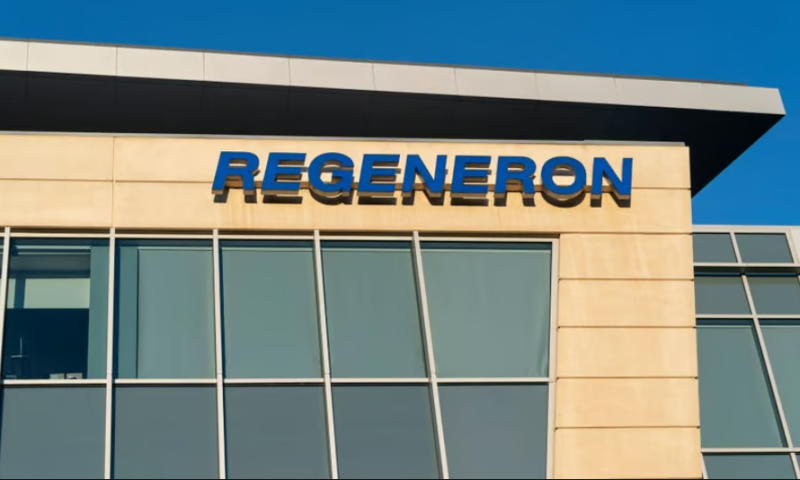Regeneron is rethinking development of its prostate cancer bispecific after two patients died in a clinical trial. The deaths prompted the Big Biotech to stop enrolling patients to receive REGN5678 and a full dose of its checkpoint inhibitor, but a reshaped bispecific development program is continuing.
REGN5678 is designed to bind to CD28 on cytotoxic T-lymphocytes (CTLs) and PSMA on tumor cells. By binding to the costimulatory T-cell-specific surface glycoprotein and tumor-associated antigen, the drug candidate could activate CTLs and direct them to attack cancer cells. Regeneron identified the targeting of CD28 on previously activated T cells as a way to reduce toxicity compared to CD3 bispecifics.
The candidate, which may synergize with anti-PD-1/L1 checkpoint inhibitors, came through the release of preliminary phase 1/2 data unscathed. But safety concerns have since come to light and prompted a shift in the R&D strategy.
In its second-quarter results statement, Regeneron reported two immune-mediated deaths in a cohort of patients who received REGN5678 in combination with Libtayo, the company’s checkpoint inhibitor. The deaths drove Regeneron to stop enrolling patients to receive REGN5678 and a full dose of Libtayo.
Regeneron is sticking with the candidate, though. The revised R&D road map includes the study of the bispecific as a monotherapy and in combination with lower doses of Libtayo and other immunotherapy modalities. Regeneron’s other costimulatory bispecific development programs, which include candidates against EGFR, MUC16 and CD22, are unaffected and are still making their way through dose escalation.
Even so, the removal of the option to pair REGN5678 with a full dose of Libtayo is a blow. Regeneron took the bispecific into the clinic in the belief the combination may be able to overcome the resistance of metastatic castration-resistant prostate cancer to PD-1 inhibition. Overcoming resistance could bring the benefits of checkpoint inhibitors to prostate cancer, a setting in which the drugs have had little impact.
CD28 has a troubled history as a cancer target. The CD28 superagonist TGN1412 caused critical illnesses linked to cytokine storms in a phase 1 clinical trial in 2006. In recent years, companies including Johnson & Johnson and Sanofi have invested in candidates against the target, but fresh concerns emerged last year, when two deaths stopped trials of Alpine Immune Sciences’ conditional costimulator of CD28.

